
Delft: The Charming Dutch Gem of Canals and Ceramics
Nestled between The Hague and Rotterdam, Delft is a picturesque city in the Netherlands known for its rich history, beautiful canals, and world-famous blue pottery. As you stroll through the cobblestone streets, you will be captivated by the charm of its well-preserved medieval architecture and the tranquil flow of its waterways. Delft's small size makes it an ideal destination for a day trip or a leisurely weekend getaway. One of the highlights of Delft is its connection to the iconic painter, Johannes Vermeer. Visit the Vermeer Centrum to learn about his life and works, and see how the city influenced his art. As you wander around, you will see locations that inspired some of his most famous paintings. The city's connection to art does not end there; Delft has a vibrant cultural scene with galleries, museums, and street art. Delft is also known for its Delftware, the distinctive blue and white pottery that has been crafted here since the 17th century. A visit to the Royal Delft factory offers an insight into the traditional techniques used to create these beautiful pieces. You can even try your hand at painting your own pottery. The city's central square, Markt, is a bustling hub where you can explore the Nieuwe Kerk and climb its tower for a panoramic view of the city. Across the square, the historic Town Hall stands as a testament to Delft's rich past. Don't miss the opportunity to enjoy a meal at one of the many cafes and restaurants that line the square, offering a variety of Dutch and international cuisine. Nature lovers will appreciate the city's parks and gardens, such as the Botanical Garden of Delft University, which offers a peaceful retreat with a diverse collection of plants. For a unique experience, take a boat tour through the canals to see the city from a different perspective. Delft's central location makes it easy to explore other nearby cities, but its own charm and attractions make it a destination worth spending time in. Whether you are interested in history, art, or simply soaking in the Dutch culture, Delft has something to offer every traveler.
Local tips in Delft
- Visit the Vermeer Centrum early in the day to avoid crowds.
- Consider renting a bike to explore the city like a local.
- Try to visit on a Thursday for the weekly market in the central square.
- Purchase a combination ticket for the Nieuwe Kerk and the Old Church to save money.
- Take a guided canal tour to learn more about the city's history and architecture.
Delft: The Charming Dutch Gem of Canals and Ceramics
Nestled between The Hague and Rotterdam, Delft is a picturesque city in the Netherlands known for its rich history, beautiful canals, and world-famous blue pottery. As you stroll through the cobblestone streets, you will be captivated by the charm of its well-preserved medieval architecture and the tranquil flow of its waterways. Delft's small size makes it an ideal destination for a day trip or a leisurely weekend getaway. One of the highlights of Delft is its connection to the iconic painter, Johannes Vermeer. Visit the Vermeer Centrum to learn about his life and works, and see how the city influenced his art. As you wander around, you will see locations that inspired some of his most famous paintings. The city's connection to art does not end there; Delft has a vibrant cultural scene with galleries, museums, and street art. Delft is also known for its Delftware, the distinctive blue and white pottery that has been crafted here since the 17th century. A visit to the Royal Delft factory offers an insight into the traditional techniques used to create these beautiful pieces. You can even try your hand at painting your own pottery. The city's central square, Markt, is a bustling hub where you can explore the Nieuwe Kerk and climb its tower for a panoramic view of the city. Across the square, the historic Town Hall stands as a testament to Delft's rich past. Don't miss the opportunity to enjoy a meal at one of the many cafes and restaurants that line the square, offering a variety of Dutch and international cuisine. Nature lovers will appreciate the city's parks and gardens, such as the Botanical Garden of Delft University, which offers a peaceful retreat with a diverse collection of plants. For a unique experience, take a boat tour through the canals to see the city from a different perspective. Delft's central location makes it easy to explore other nearby cities, but its own charm and attractions make it a destination worth spending time in. Whether you are interested in history, art, or simply soaking in the Dutch culture, Delft has something to offer every traveler.
When is the best time to go to Delft?
Iconic landmarks you can’t miss
Royal Delft
Explore the rich history and artistry of Dutch ceramics at Royal Delft, the birthplace of iconic Delftware in the heart of the Netherlands.
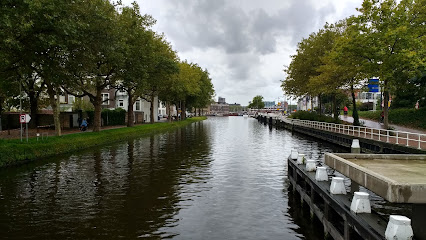
Nieuwe Church
Discover the architectural beauty and rich history of Nieuwe Church in Delft, a must-visit site for every traveler seeking cultural immersion.
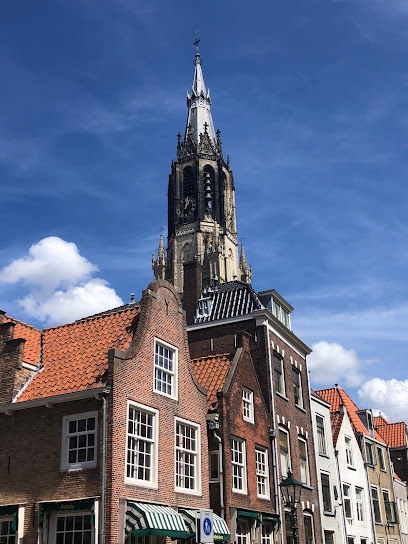
Museum Prinsenhof Delft
Discover the captivating history and art of the Netherlands at Museum Prinsenhof Delft, where heritage and culture come alive.
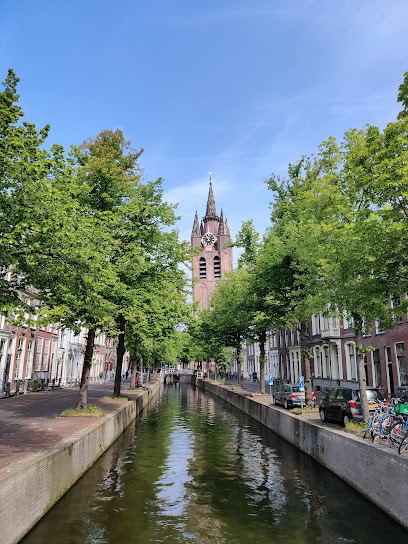
Old Church
Discover the Old Church in Delft, a historic Reformed church with stunning architecture and rich cultural significance, perfect for every traveler.
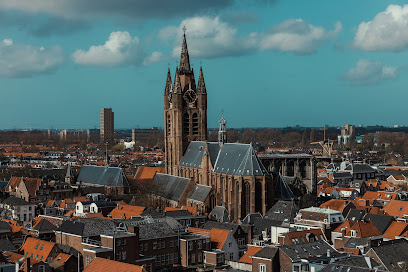
Oostpoort
Explore Oostpoort, Delft's historical landmark, where medieval architecture meets serene canals and rich history in the heart of the Netherlands.
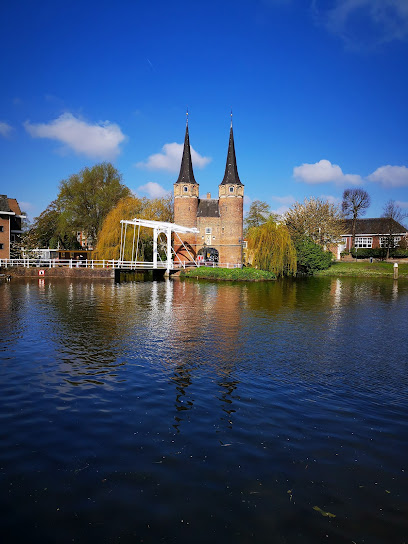
Vermeer Centrum Delft
Explore the life and works of Johannes Vermeer at Vermeer Centrum Delft, a cultural gem highlighting the artistry of the Dutch Golden Age.
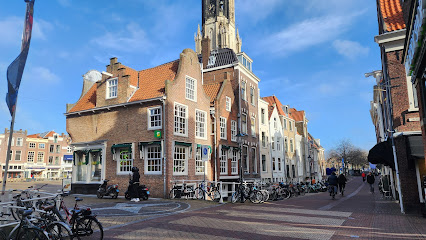
Maria van Jessekerk
Explore the exquisite Maria van Jessekerk in Delft – a stunning Catholic church and tourist attraction with captivating architecture and a tranquil atmosphere.
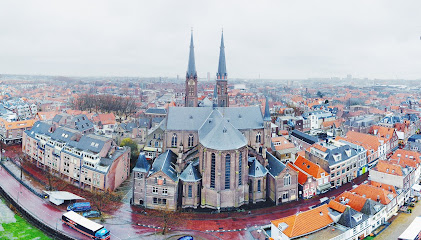
Stadhuis Delft
Explore the architectural beauty and historical significance of Stadhuis Delft, a key cultural landmark in the heart of the Netherlands.
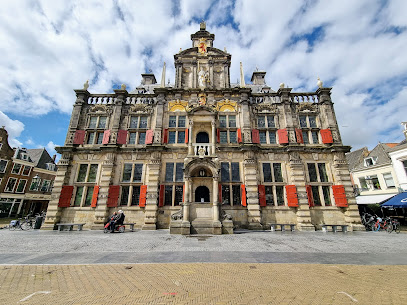
Free Walking Tour Delft
Uncover the beauty and history of Delft with a free walking tour that highlights iconic sights and local stories, perfect for every traveler.
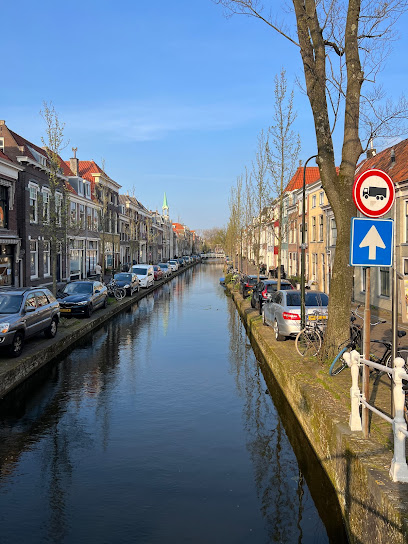
Delft Windmill de Roos
Discover the historic Delft Windmill de Roos - a charming flour mill showcasing Dutch heritage and craftsmanship in the heart of Delft.
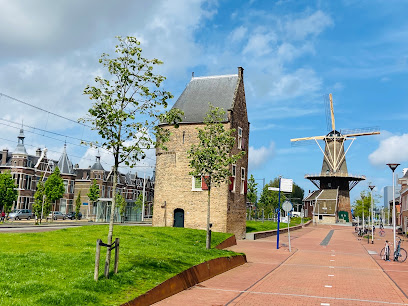
Museum Paul Tétar van Elven
Discover the artistic legacy of Paul Tétar van Elven at this charming museum, showcasing 19th-century Dutch art in the heart of Delft.
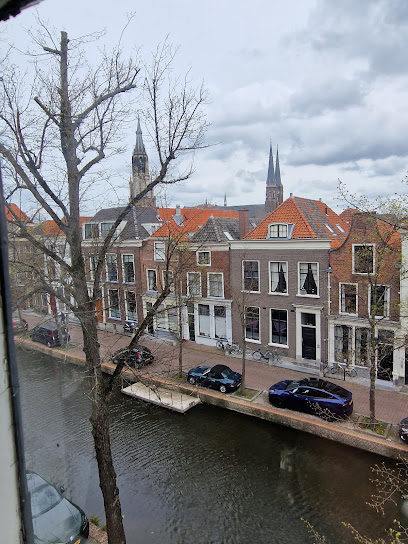
O.J.V. the Koornbeurs
Discover the vibrant nightlife and community spirit at O.J.V. the Koornbeurs in Delft, where socializing meets entertainment in a unique café-disco setting.
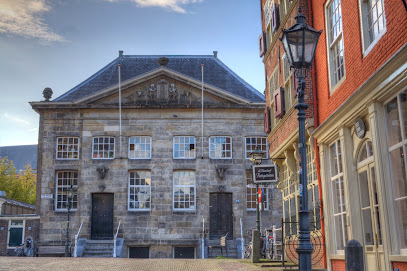
Nieuwe Delftse Poort - Cor Kraat
Explore the Nieuwe Delftse Poort, a stunning landmark in Rotterdam that embodies the city's modern spirit and rich cultural heritage.
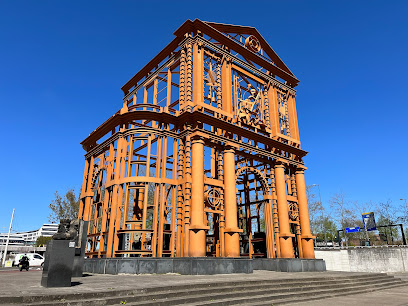
Park Nieuwe Plantage
Explore Park Nieuwe Plantage in Delft, a serene escape with lush greenery, historical charm, and stunning landscapes perfect for relaxation and leisure.
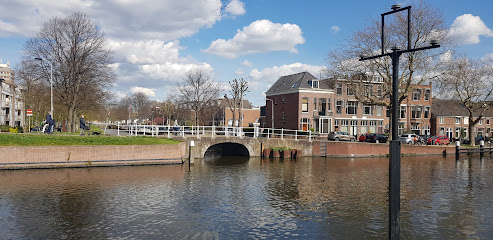
Doelenplein Delft Square
Experience the serene beauty and vibrant culture of Doelenplein Delft Square, a perfect blend of history and nature in the heart of the city.
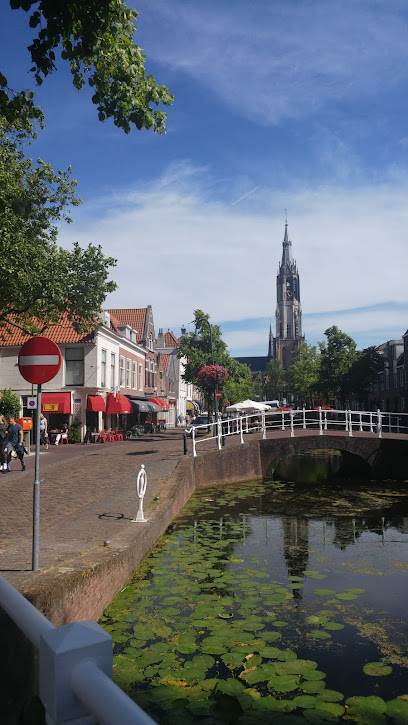
Unmissable attractions to see
Keukenhof
Discover the vibrant beauty of Keukenhof, the world's largest flower garden, showcasing millions of tulips and seasonal blooms in a breathtaking setting.
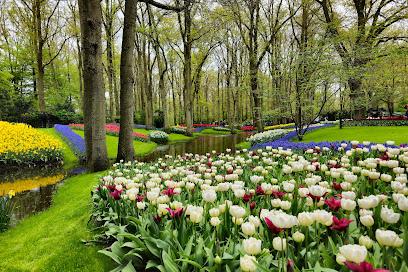
De Pier
Experience the vibrant atmosphere of De Pier in Scheveningen, where breathtaking views, delightful dining, and thrilling attractions await every visitor.
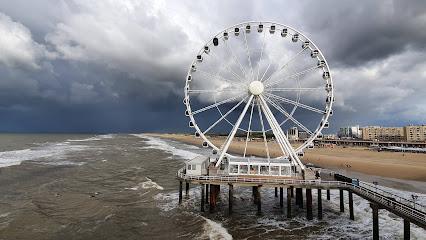
Rotterdam Zoo
Explore Rotterdam Zoo, a captivating blend of conservation and adventure, home to diverse wildlife and immersive natural habitats.
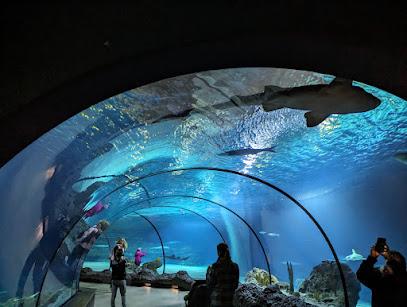
Madurodam
Discover the magic of the Netherlands at Madurodam, the iconic miniature park in The Hague showcasing stunning models of famous landmarks.
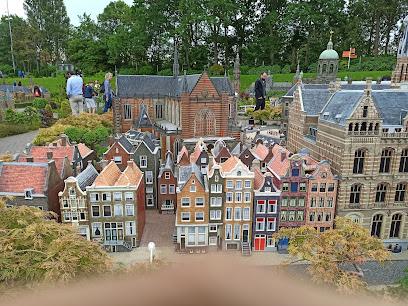
Castle De Haar
Discover the majestic Castle De Haar, the largest castle in the Netherlands, surrounded by beautiful gardens and rich historical significance.
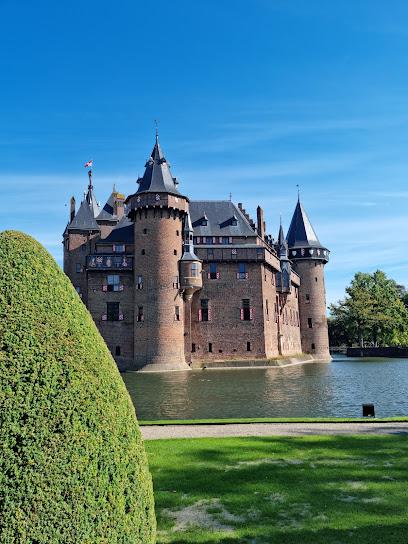
Kijk-Kubus Museum-house
Visit the Kijk-Kubus Museum-House in Rotterdam, a must-see architectural marvel showcasing unique cube houses and innovative urban living concepts.
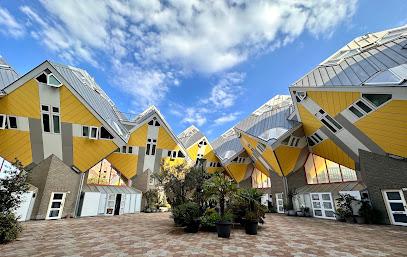
Feyenoord Stadium
Discover the iconic Feyenoord Stadium in Rotterdam, where football passion meets rich history and an electrifying atmosphere.
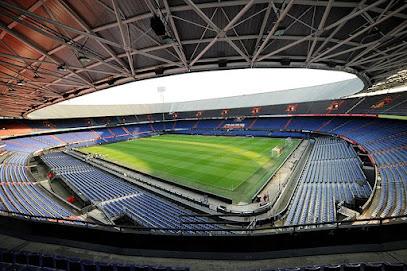
Mauritshuis
Explore the masterpieces of Dutch art at Mauritshuis, The Hague's premier museum showcasing the Golden Age's finest works.
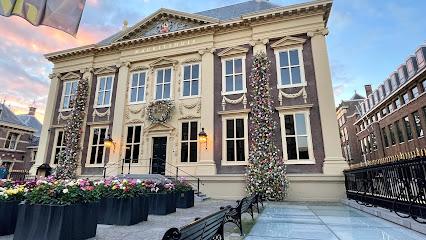
Louwman Museum
Discover the rich history of automobiles at Louwman Museum in The Hague, showcasing over 250 classic cars and fascinating automotive memorabilia.
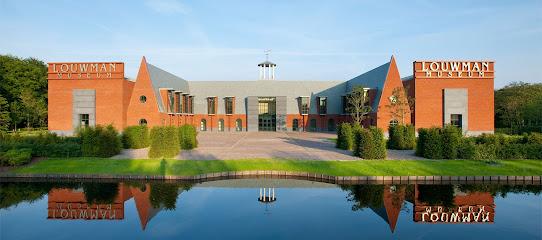
Sea Life Scheveningen
Explore the wonders of the ocean at Sea Life Scheveningen, an aquarium that captivates hearts and minds with its vibrant marine life and conservation efforts.
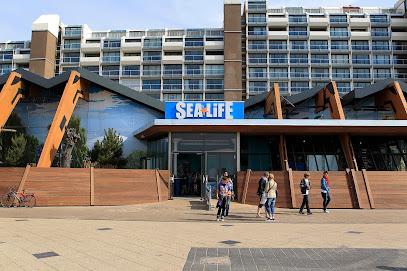
Escher in the Palace
Explore the mesmerizing world of M.C. Escher at Escher in the Palace, a captivating art museum in The Hague that blends history with artistic genius.
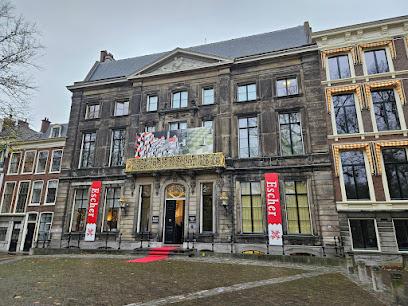
Kunstmuseum The Hague
Explore the captivating world of modern and contemporary art at Kunstmuseum The Hague, a cultural gem in the heart of the Netherlands.
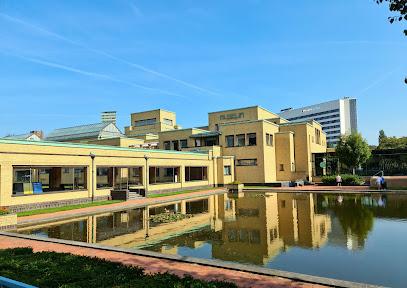
Pathé Schouwburgplein
Discover the ultimate movie experience at Pathé Schouwburgplein, Rotterdam's premier cinema featuring IMAX and a diverse range of films.
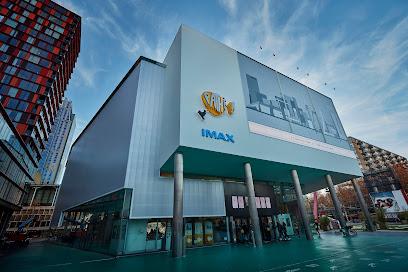
Kunsthal Rotterdam
Explore the vibrant world of contemporary art at Kunsthal Rotterdam, a must-visit museum showcasing innovative exhibitions in a stunning architectural masterpiece.
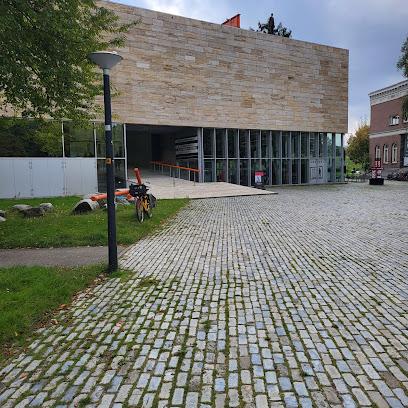
S.S. Rotterdam
Sail into history aboard the S.S. Rotterdam, a luxurious floating hotel and museum showcasing maritime heritage and modern comforts in Rotterdam.
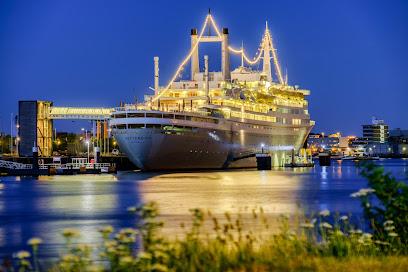
Essential places to dine
Stads-Koffyhuis
Discover culinary delights at Stads-Koffyhuis in Delft - where delicious food meets exceptional coffee in a cozy atmosphere.
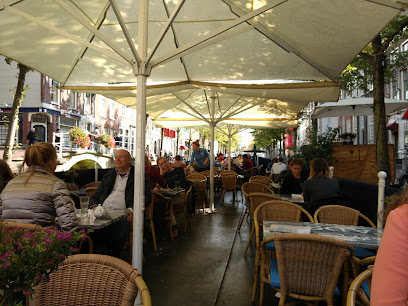
't Postkantoor
Discover 't Postkantoor in Delft - where delightful culinary experiences meet charming ambiance.
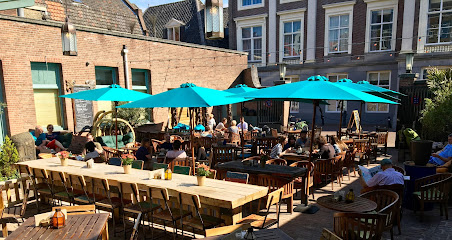
De Waag
Experience Dutch culinary traditions at De Waag in Delft—where history meets flavor in a vibrant dining atmosphere.
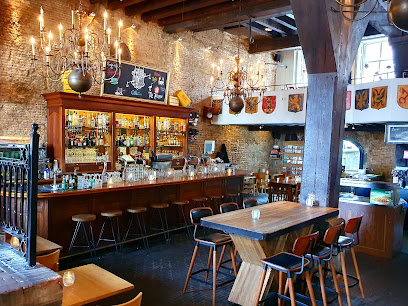
Pavarotti Delft
Savor authentic Italian flavors in a vibrant setting at Pavarotti Delft – where every dish tells a story.
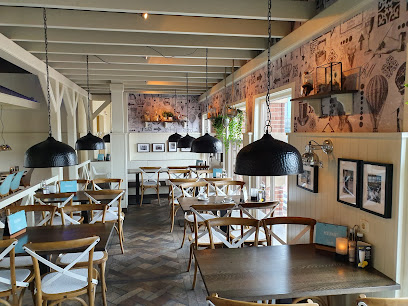
Huszár
Experience authentic Dutch cuisine at Huszár in Delft – where tradition meets modern culinary art amidst scenic canals.
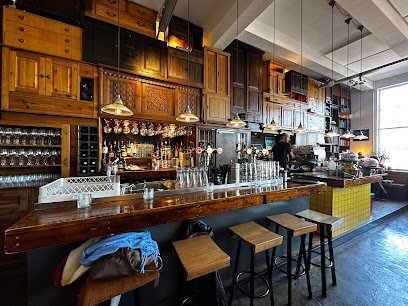
HANNO - Groots café
Discover the vibrant flavors at HANNO - Delft's premier destination for food lovers seeking unforgettable meals and crafted cocktails.
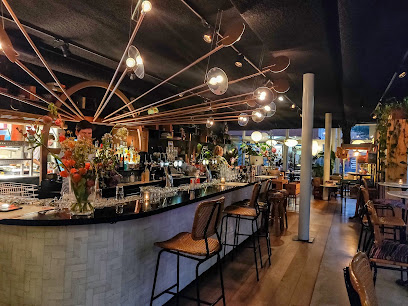
Bij Harry
Discover authentic Dutch cuisine at Bij Harry, where tradition meets modernity in a cozy setting in Delft.
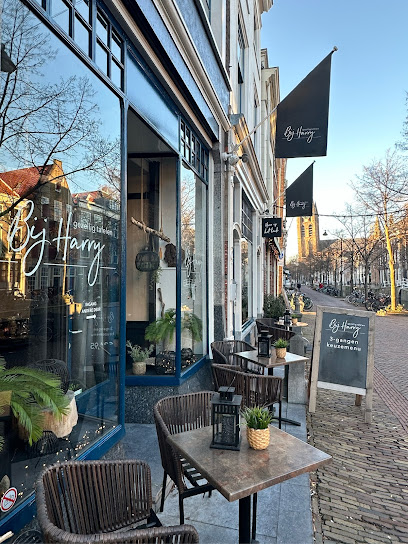
Het Konings Huys
Discover the exquisite flavors of Dutch cuisine at Het Konings Huys, where culinary artistry meets historical charm in Delft.
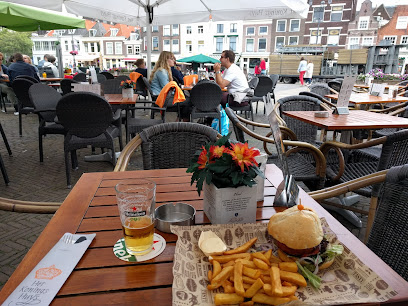
Moeke Delft
Experience authentic Dutch cuisine at Moeke Delft - where tradition meets modern taste in a cozy setting.
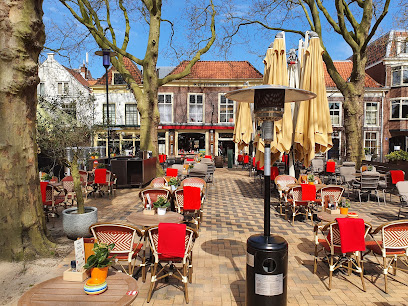
Café de Wijnhaven
Experience authentic Dutch cuisine at Café de Wijnhaven in Delft - where culinary excellence meets picturesque canal views.
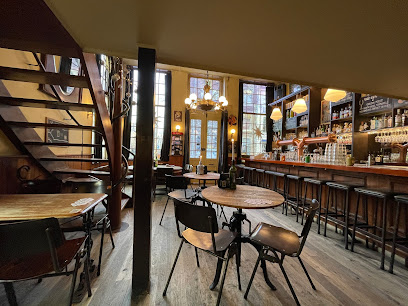
De Sjees
Experience authentic Dutch cuisine at De Sjees - a charming restaurant and café nestled in Delft's vibrant Markt square.
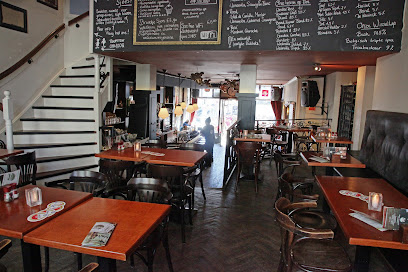
Café de Oude Jan
Discover authentic Dutch flavors at Café de Oude Jan in Delft—a perfect blend of dining and vibrant nightlife.
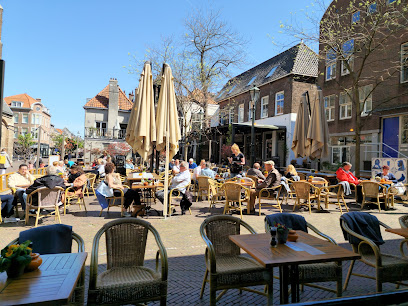
Kek - De koffiebar van Delft
Discover the charm of Kek - De Koffiebar van Delft, where exceptional coffee meets delightful breakfasts in a cozy setting.
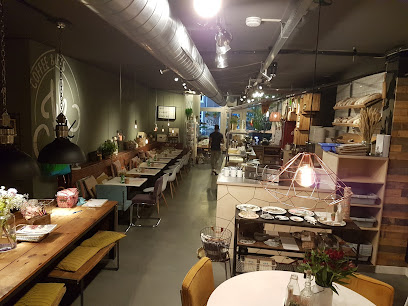
Il Tartufo, delicatessen traiteur catering
Discover authentic Italian flavors at Il Tartufo - where exquisite cuisine meets gourmet catering in the heart of Delft.
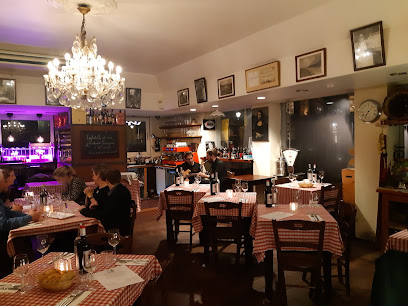
LEF Restaurant & Bar Delft
Discover the exquisite flavors of France at LEF Restaurant & Bar Delft - where culinary artistry meets vibrant atmosphere.
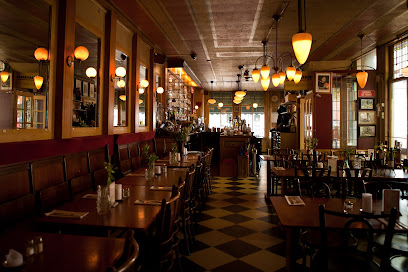
Markets, malls and hidden boutiques
De Hoven Passage
Explore De Hoven Passage in Delft for a vibrant shopping experience with diverse shops and delightful dining options.
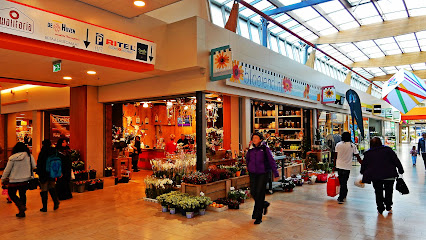
Flying Tiger Copenhagen
Explore the colorful and creative offerings at Flying Tiger Copenhagen, the ultimate gift shop in Delft for unique finds and joyful surprises.
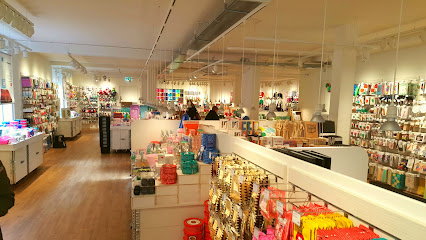
CASA Delft Bastiaansplein
Explore CASA Delft Bastiaansplein for unique gifts and home decor that capture the essence of Dutch culture.
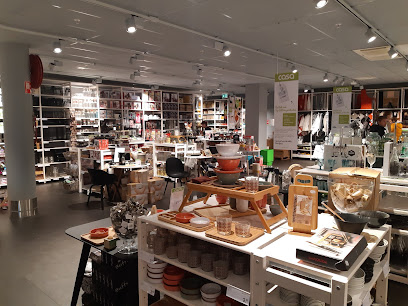
Andrea's Winkel / De Winkel
Explore Andrea's Winkel in Delft for unique gifts, handmade crafts, and local artistry that capture the essence of Dutch culture.
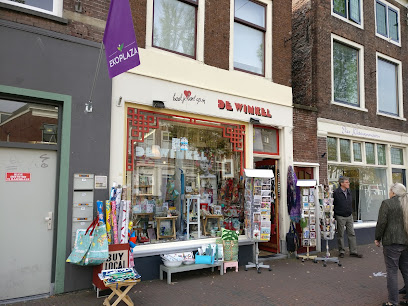
VOORLOPIG
Explore VOORLOPIG, Delft's charming gift shop offering unique locally crafted treasures perfect for souvenirs.
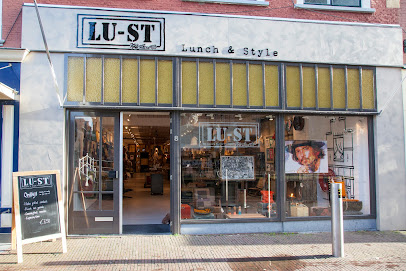
The Little Green Bag - Delft
Discover unique fashion and accessories at The Little Green Bag in Delft, a premier gift shop for stylish souvenirs and trendy items.
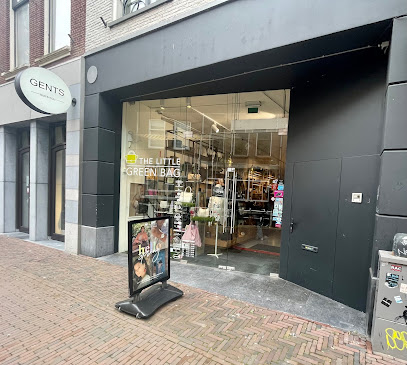
FEMME + FRENKIE
Discover unique women's fashion at FEMME + FRENKIE, a stylish boutique in the heart of Delft offering a curated selection of clothing and accessories.
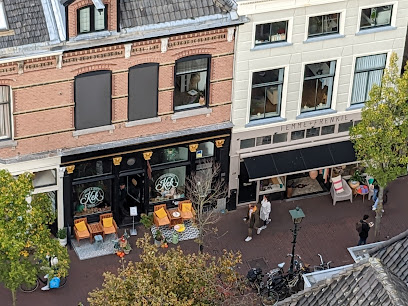
Heinen Delftware
Experience the beauty of authentic Dutch pottery at Heinen Delftware, where tradition meets exquisite craftsmanship in the heart of Delft.
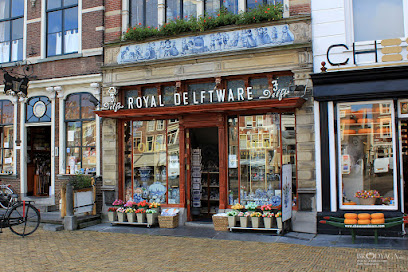
The Body Shop
Explore The Body Shop in Delft for a unique blend of beauty and sustainability, offering ethically sourced gifts and cosmetics in a charming setting.
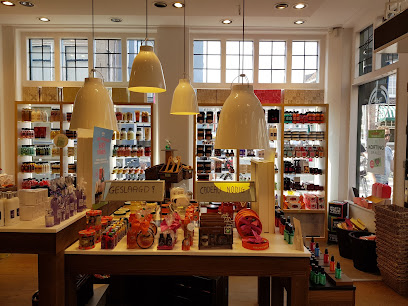
Leuke Boel
Discover unique treasures and vintage fashion at Leuke Boel, Delft's premier thrift store for sustainable shopping.
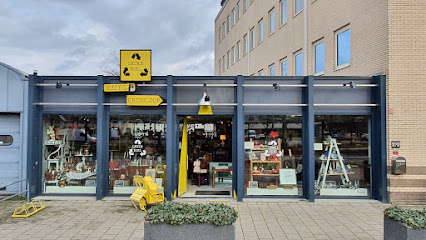
Loco Lama
Discover unique gifts that embody Dutch culture at Loco Lama, a charming gift shop in Delft offering a delightful shopping experience.
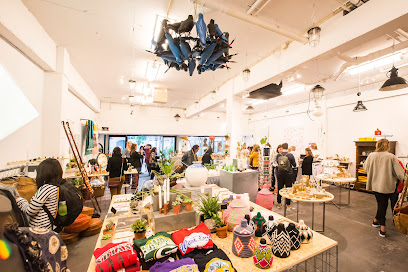
Royal Delft Ware / Delft outlet
Explore the Royal Delft Ware outlet for exquisite souvenirs that capture the essence of Dutch heritage and craftsmanship in every piece.
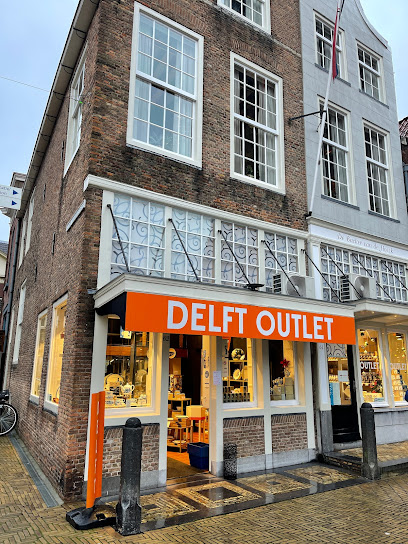
Heinen Delfts Blauw | Conceptstore
Explore authentic Delft pottery at Heinen Delfts Blauw, where tradition meets modern design in a charming store in Delft.
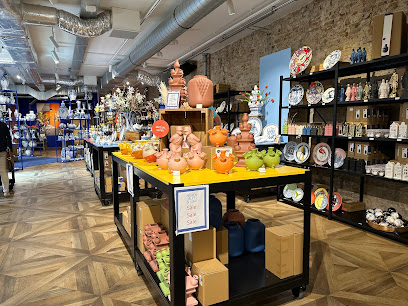
House of Vermeer
Uncover unique Dutch souvenirs and local crafts at the House of Vermeer, a charming souvenir store in the heart of Delft.
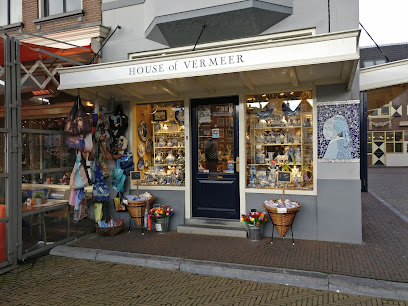
Vintage Factory
Discover timeless fashion treasures at Vintage Factory, Delft's premier vintage clothing store, where every piece has a story to tell.
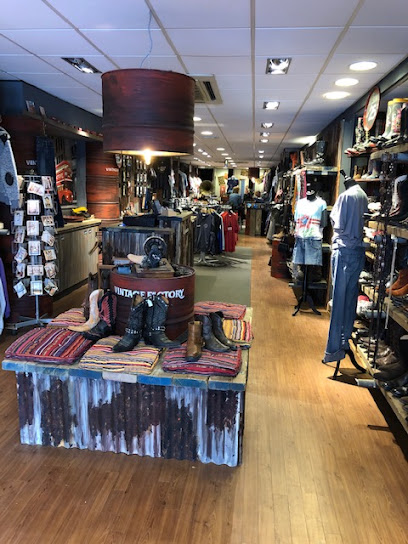
Essential bars & hidden hideouts
Belgian Beer Cafe Belvédère
Discover the authentic tastes of Belgium at the Belgian Beer Cafe Belvédère, a premier dining experience in Delft with exceptional beer and culinary delights.
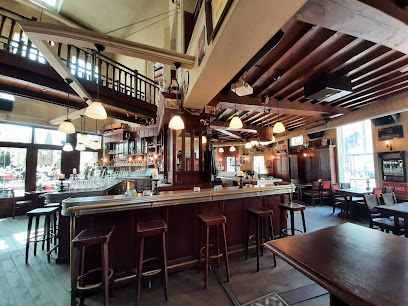
Doerak
Discover the lively atmosphere and diverse drink selection at Doerak, a must-visit pub in the heart of Delft, perfect for tourists seeking local charm.
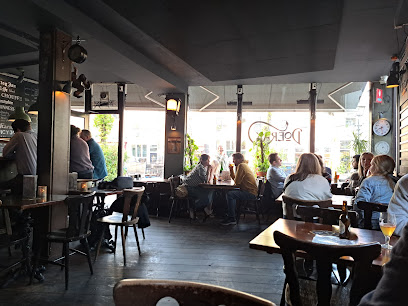
Locus Publicus
Discover the charm of Locus Publicus in Delft, a cozy pub offering a delightful selection of drinks and a vibrant atmosphere for tourists and locals alike.
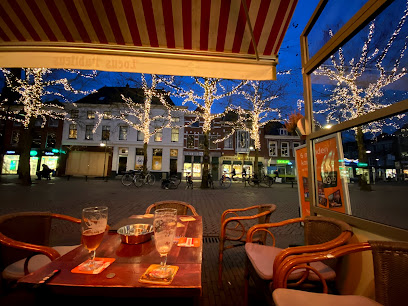
Café de Oude Jan
Experience the charm of Delft at Café de Oude Jan, where local flavors meet a cozy atmosphere in a historic setting.
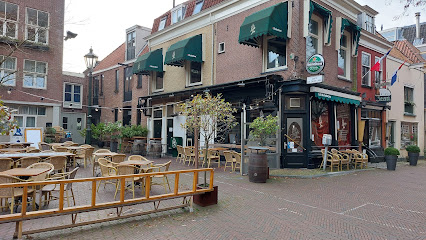
De Gist
Experience the vibrant atmosphere of De Gist, where delicious food, quality drinks, and a welcoming ambiance come together in the heart of Delft.
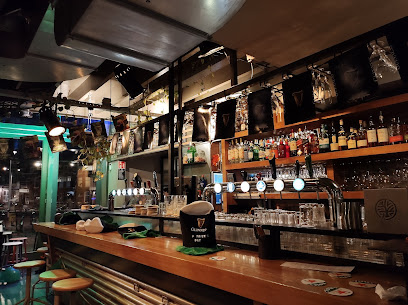
LEF Restaurant & Bar Delft
Discover the culinary charm of LEF Restaurant & Bar in Delft, where modern cuisine meets a vibrant atmosphere in an unforgettable dining experience.
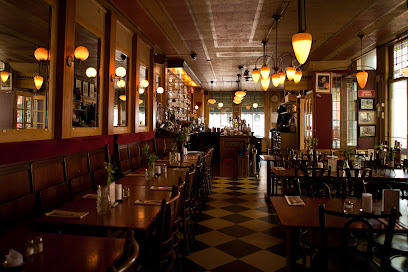
Café Het Klooster
Discover the cozy ambiance and unique craft beers at Café Het Klooster, an essential stop for any tourist in Delft.
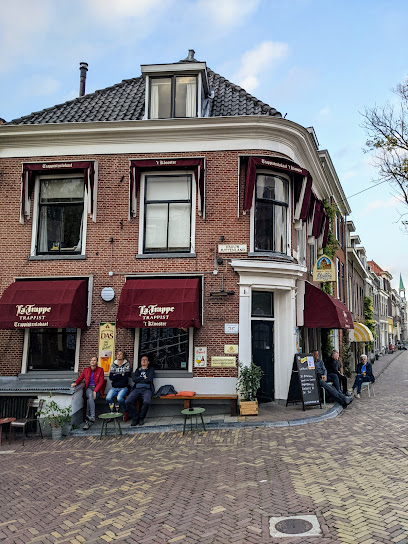
Barbaar
Experience the charm of Barbaar, Delft's beloved café offering exquisite coffee, delightful lunches, and a cozy atmosphere for relaxation.
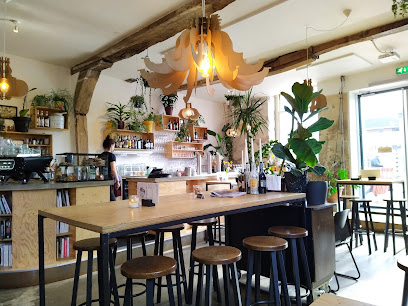
BAR SIL
Experience the vibrant atmosphere and delicious menu of Bar Sil, a top spot for pizza and wine in the heart of Delft.
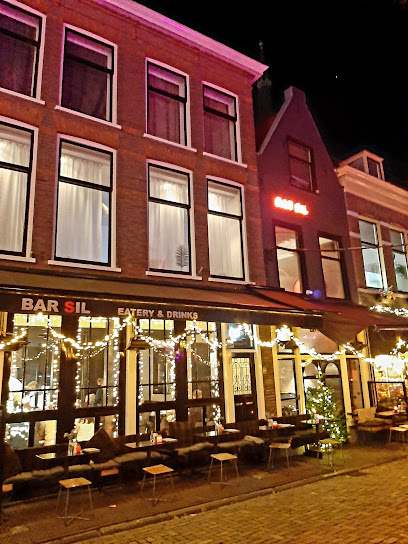
Jazz Cafe Bebop
Experience the vibrant jazz scene at Jazz Cafe Bebop in Delft, where live music and cozy ambiance create unforgettable nights out.
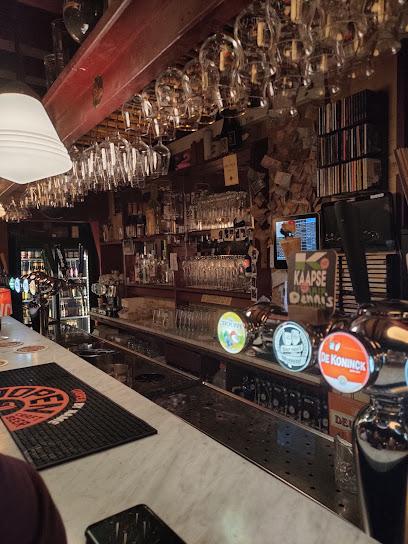
STECK stage club bar
Unleash your night at STECK Stage Club Bar in Delft, where live music meets crafted cocktails in an unforgettable atmosphere.
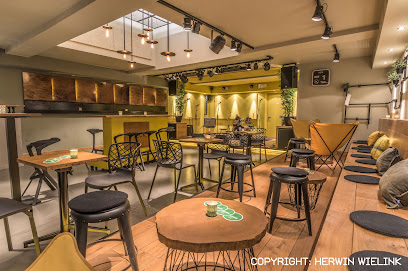
't Proeflokaal
Discover the charm of Delft at 't Proeflokaal, a cozy bar and café offering local beers, wines, and artisanal snacks in a welcoming atmosphere.
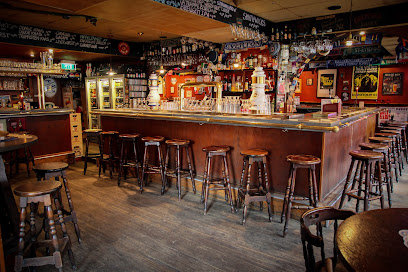
Café 'Tango'
Experience the vibrant atmosphere and delightful drinks at Café 'Tango' in the heart of Delft, where locals and tourists come together.
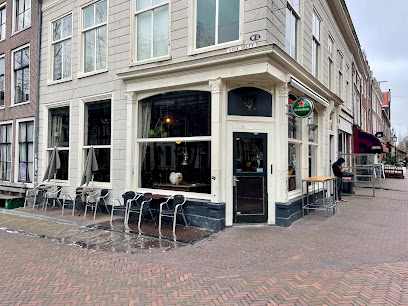
Café-Cocktailbar Luna
Discover the vibrant atmosphere of Café-Cocktailbar Luna in Delft, where delightful cocktails and local brews create unforgettable memories.
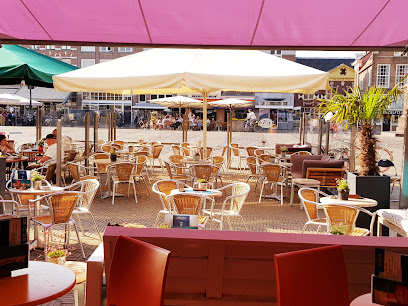
Travel experiences inspired by this city
Explore more travel diariesLocal Phrases
-
- HelloHallo
[HAH-loh] - GoodbyeTot ziens
[toht zeens] - YesJa
[yah] - NoNee
[nay] - Please/You're welcomeAlsjeblieft
[ahls-yuh-BLEEFT] - Thank youDank je wel
[dahnk yuh vell] - Excuse me/SorrySorry
[SOH-ree] - How are you?Hoe gaat het met jou?
[hoo gaat het met yow] - Fine. And you?Goed. En met jou?
[khoot. en met yow] - Do you speak English?Spreek je Engels?
[spreek yuh ENG-uhls] - I don't understandIk begrijp het niet
[ik buh-GRAIP het neet]
- HelloHallo
-
- I'd like to see the menu, pleaseMag ik de menukaart zien, alstublieft
[mahkh ik duh meh-noo-kahrt seen, ahl-stoo-bleeft] - I don't eat meatIk eet geen vlees
[ik ate khayn vlays] - Cheers!Proost!
[prohst] - I would like to pay, pleaseIk wil graag betalen, alstublieft
[ik vil khrahg buh-TAH-luhn, ahl-stoo-bleeft]
- I'd like to see the menu, pleaseMag ik de menukaart zien, alstublieft
-
- Help!Help!
[help] - Go away!Ga weg!
[hah vekh] - Call the Police!Bel de politie!
[bel duh puh-lee-see] - Call a doctor!Bel een dokter!
[bel ayun DAHK-tuhr] - I'm lostIk ben verdwaald
[ik ben vur-dwahld] - I'm illIk ben ziek
[ik ben zik]
- Help!Help!
-
- I'd like to buy...Ik wil graag kopen...
[ik vil khrahg KOH-puhn] - I'm just lookingIk kijk alleen maar
[ik kayk a-layn mahr] - How much is it?Hoeveel kost het?
[HUH-vale kost het] - That's too expensiveDat is te duur
[dat is tuh dur] - Can you lower the price?Kunt u de prijs verlagen?
[kunt oo duh prays vuh-RAH-ghun]
- I'd like to buy...Ik wil graag kopen...
-
- What time is it?Hoe laat is het?
[hoo laht is het] - It's one o'clockHet is een uur
[hut is ayn oor] - Half past (10)Half elf
[hahlf elf] - MorningOchtend
[OHK-tuhnt] - AfternoonMiddag
[MIH-dahkh] - EveningAvond
[ah-VAHNT] - YesterdayGisteren
[KHIHS-tuh-ruhn] - TodayVandaag
[vahn-dahkh] - TomorrowMorgen
[MOHR-khun] - 1Een
[ayn] - 2Twee
[tway] - 3Drie
[dree] - 4Vier
[feer] - 5Vijf
[vayf] - 6Zes
[zehs] - 7Zeven
[zay-vuhn] - 8Acht
[ahkht] - 9Negen
[nay-ghun] - 10Tien
[teen]
- What time is it?Hoe laat is het?
-
- Where's a/the...?Waar is een/de...?
[vahr iss ayn/deh] - What's the address?Wat is het adres?
[vaht is het ah-drehs] - Can you show me (on the map)?Kunt u het me laten zien (op de kaart)?
[kunt oo het meh laht-uhn seen (op duh kahrt)] - When's the next (bus)?Wanneer is de volgende (bus)?
[VAH-nayr iss duh vohl-ghuhn-duh (buhs)] - A ticket (to ....)Een kaartje (naar ....)
[ayn kahrt-yuh (nar)]
- Where's a/the...?Waar is een/de...?
History of Delft
-
Delft was founded in the 11th century and gained city rights in 1246. The city's name is derived from the word 'delving,' which means digging in Dutch, referring to the digging of canals. Delft quickly became a center for trade and industry due to its strategic location on the Schie River.
-
On October 12, 1654, Delft was rocked by a massive explosion known as the Delft Explosion or Delft Thunderclap. A gunpowder store in the city center exploded, destroying a large part of Delft and killing over a hundred people. The disaster had a significant impact on the city, leading to widespread reconstruction.
-
During the Dutch Golden Age in the 17th century, Delft became famous for its production of Delftware—blue-and-white pottery that mimicked Chinese porcelain. This period marked the height of Delft's economic prosperity, with numerous potteries established in the city.
-
Johannes Vermeer, one of the most renowned Dutch painters of the 17th century, was born and spent his entire life in Delft. Many of his famous works, such as 'Girl with a Pearl Earring' and 'View of Delft,' capture the essence of the city. Vermeer’s legacy continues to draw art enthusiasts to Delft.
-
William of Orange, also known as William the Silent, played a crucial role in the Dutch Revolt against Spanish rule. After his assassination in 1584, he was buried in the Nieuwe Kerk in Delft. His tomb remains a significant historical site, symbolizing the struggle for Dutch independence.
-
In 1842, King Willem II founded the Royal Academy for the education of civilian engineers, which later became the Delft University of Technology (TU Delft). TU Delft has since grown into a leading institution for scientific research and engineering, contributing significantly to technological advancements.
-
In the 20th and 21st centuries, Delft has focused on preserving its historical heritage while modernizing its infrastructure. Efforts to maintain the city’s picturesque canals, historic buildings, and cultural landmarks continue to make Delft a popular destination for tourists and history buffs alike.
Delft Essentials
-
Delft is located in the province of South Holland in the Netherlands. The nearest major international airport is Amsterdam Schiphol Airport (AMS), approximately 45 kilometers away. From the airport, you can take a direct train to Delft, which takes around 40 minutes. Alternatively, Rotterdam The Hague Airport (RTM) is closer, about 12 kilometers from Delft, and offers limited international flights. From Rotterdam The Hague Airport, you can take a bus and then a train to reach Delft, which takes around 30 minutes in total.
-
Delft is a compact city, and many of its attractions are within walking distance. The city has an efficient public transportation system, including buses and trams operated by HTM. Bicycles are a popular mode of transport, and you can rent one from various rental shops throughout the city. Taxis and ridesharing services like Uber are also available. For regional travel, Delft's central train station offers frequent connections to cities like The Hague, Rotterdam, and Amsterdam.
-
The official currency in the Netherlands is the Euro (EUR). Credit and debit cards are widely accepted in Delft, including in most shops, restaurants, and hotels. Contactless payment is also commonly used. ATMs are plentiful, and international cards are generally accepted. However, it's advisable to carry some cash for use in small businesses or markets where card payments might not be accepted.
-
Delft is generally considered a safe city for tourists. However, like any urban area, it's wise to take standard precautions. Be mindful of pickpockets, especially in crowded places like markets and the train station. Avoid poorly lit areas at night and keep your belongings secure. There are no specific high-crime areas targeting tourists, but always stay vigilant.
-
In case of emergency, dial 112 for immediate assistance from police, fire services, or medical help. Delft has several medical facilities, including the Reinier de Graaf Hospital. Pharmacies are available for minor health issues, and many are open late. It's advisable to have travel insurance that covers medical emergencies. For non-emergency police assistance, you can contact the local police station.
-
Fashion: Do dress comfortably and appropriately for the weather. Casual attire is generally acceptable, but avoid overly revealing clothing. Religion: Do respect the customs when visiting religious sites, such as churches. Remove hats and speak softly. Public Transport: Do validate your ticket before boarding and be considerate of other passengers. Don't eat or drink on public transport. Greetings: Do greet people with a handshake and make eye contact. A simple 'hello' or 'goedendag' is polite. Eating & Drinking: Do try local delicacies like 'poffertjes' and 'stroopwafels.' Don't leave a tip on the table; tipping is usually done by rounding up the bill or leaving small change.
-
To experience Delft like a local, visit the weekly markets at the Markt Square on Thursdays and Saturdays, where you can buy fresh produce, cheese, and other local products. Spend time exploring the hidden courtyards (hofjes) and take a canal boat tour for a unique perspective of the city. Engage with locals at cafes and try a traditional Dutch 'koffie met appeltaart' (coffee with apple pie). Don't miss visiting the lesser-known spots like the Botanical Garden of TU Delft and the Eastern Gate (Oostpoort).
Trending Landmark in Delft
-
Royal Delft
-
Nieuwe Church
-
Museum Prinsenhof Delft
-
Old Church
-
Oostpoort
-
Vermeer Centrum Delft
-
Maria van Jessekerk
-
Stadhuis Delft
-
Free Walking Tour Delft
-
Delft Windmill de Roos
-
Museum Paul Tétar van Elven
-
O.J.V. the Koornbeurs
-
Nieuwe Delftse Poort - Cor Kraat
-
Park Nieuwe Plantage
-
Doelenplein Delft Square
Nearby Cities to Delft
-
Things To Do in The Hague
-
Things To Do in Rotterdam
-
Things To Do in Leiden
-
Things To Do in Haarlem
-
Things To Do in Utrecht
-
Things To Do in Amsterdam
-
Things To Do in Amersfoort
-
Things To Do in Antwerp
-
Things To Do in Eindhoven
-
Things To Do in Nijmegen
-
Things To Do in Knokke-Heist
-
Things To Do in Arnhem
-
Things To Do in Mechelen
-
Things To Do in Zeebrugge
-
Things To Do in Blankenberge















